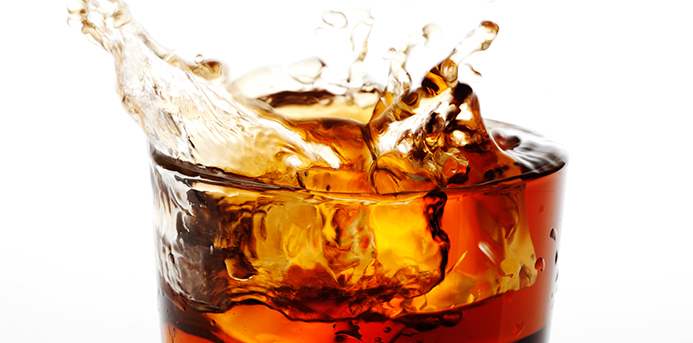There was a time when smoking was touted as a healthy endeavor. The marketing machine behind the tobacco industry took years to topple.
Today, drinking soda—especially diet soda—can be viewed as good for you. It’s also a myth.
Lots of healthy people drink soda on a daily basis. However, in clinical practice, I’ve seen a number of women in their 30s and 40s who have had complaints of osteopenia (softening or weakening of the bones and a precursor for osteoporosis) or bone spurs. All have had a daily habit of consuming more than one diet or regular cola and had for many years. In a Tufts University 2003 article, associate professorKatherine L. Tucker found a correlation between women drinking soda on a daily basis, and a bone mineral density reduction of 2.3 to 5.1 percent. Men did not show this correlation, nor did infrequent soda drinkers.
The damaging ingredient in soda is phosphoric acid. Phosphorus is essential to us, and is present in many foods, but as an ingredient in soda, phosphoric acid interferes with calcium absorption. With this interference, bones become weak.
If you have weak bone mineral density, it’s kind of like having termites in your house. Your foundation will be unstable and unable to support your structure. Having weak bones can lead to more fractures, and eventually impact organ function if the area supporting them is unstable.
Ditch soda to reduce acid reflux.
Another common side effect of soda consumption is acid reflux, known as GERD. Soda can irritate the stomach and throat. Stomach acid is as strong as hydrochloric acid and is intended as a first line of defense to protect your body from harmful pathogens finding their way in with food (think of the bacteria on sushi). With GERD, stomach acid reaches the less hearty tissues in the throat, which become inflamed. Prolonged GERD can lead to pre-cancerous tissues in the throat, known as Barrett’s Esophagus. This is a precursor to esophageal cancer. A short-term solution to treating GERD is often a proton pump inhibitor (PPI), which is an acid reducer. You should discuss options with your doctor, but there are some alternatives to taking a PPI:
- Drink fresh aloe juice before meals
- Chew a tablet of DGL—deglycyrrhizinated licorice—before meals
- Eat raw broccoli, which is rich in sulforaphane and helps repair the esophageal and stomach lining. It also inhibits H-Pylori growth. Cooking broccoli eliminates this helpful substance.
Drink this instead!
Fortunately, Tucker’s article found no problems with non-cola, carbonated drinks. If you still prefer something other than tap water, drinking mineral water is a nice alternative.
If you’re prone to kidney stones, toss a fresh lemon wedge into tap water. The lemon decreases some types of kidney stone formation. And it’s refreshing.
Perhaps the best news of all: In 2009, Tucker found a correlation between very moderate alcohol consumption—one drink per day for women, and two for men—and stronger bone density. Cheers!
About the author: Dana Hoffman is a licensed acupuncturist and founder of Lake Shore Acupuncture. She also holds a bachelor’s degree in nutrition.

